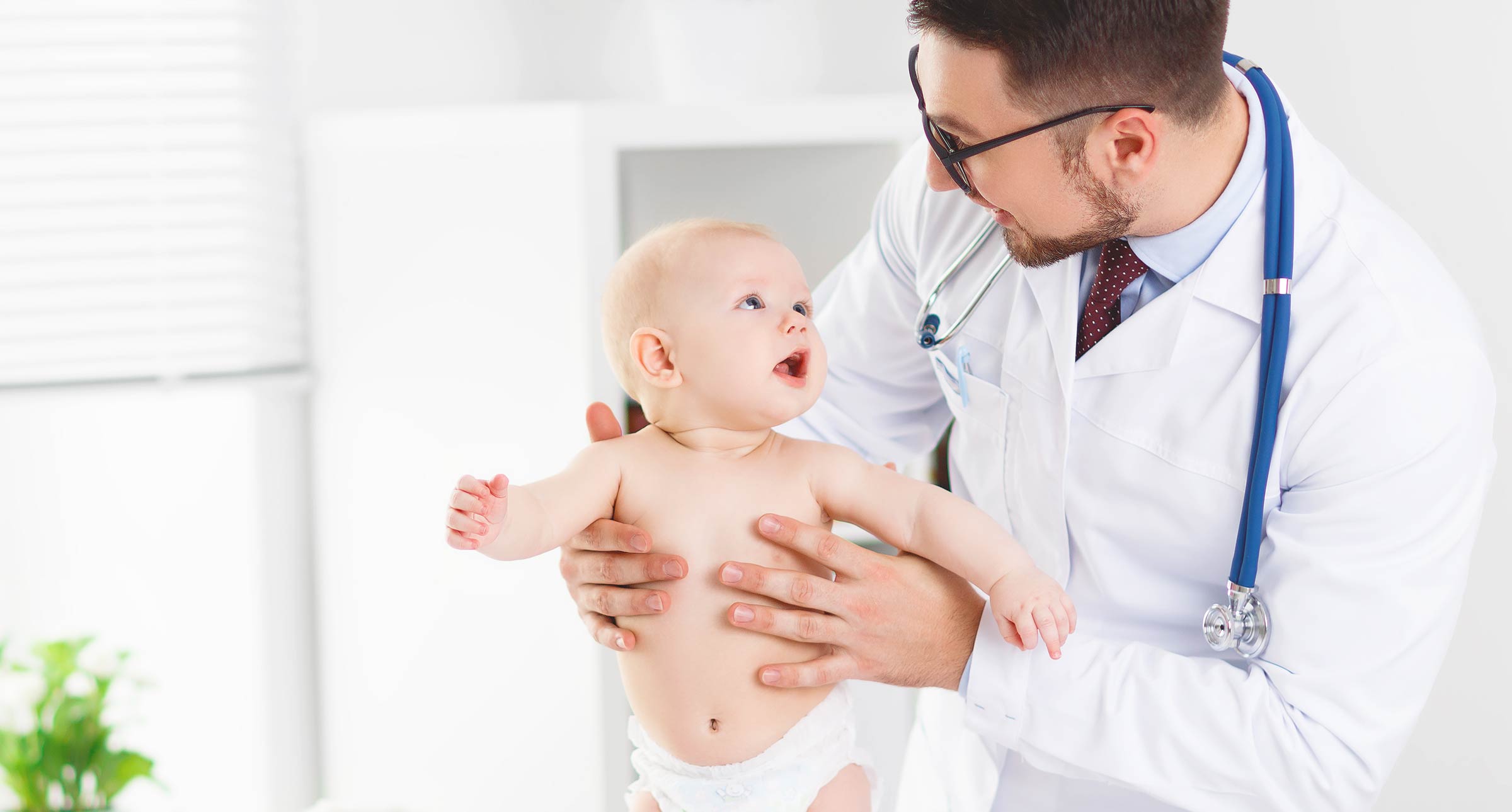What is Respiratory syncytial virus (RSV)?
RSV is a common viral infection of the lungs and respiratory tract. It is ubiquitous; almost all children have been infected with RSV by age 2.
RSV usually causes mild, cold-like symptoms lasting a week or two. While most cases are mild, RSV can be severe, particularly in very young babies and older adults. RSV is the most common cause of bronchiolitis, which is inflammation of the small airways inside the lungs, and pneumonia, an infection of the lungs, in babies younger than 1.
Symptoms usually appear four to six days after someone is exposed to RSV.
Symptoms of RSV
- Dry cough
- Runny nose
- Congested nose
- Fever
- Sneezing
- Sore throat
- Headache
Babies who develop severe RSV may have the following:
- Wheezing – best heard on breathing out
- Rapid breathing
- Difficulty breathing
- Poor feeding
- Lethargy or fatigue
- Decreased oxygen level (may look blue)
Most people with RSV feel much better within a week or two. Some children will develop wheezing during the illness or repeat wheezing with future illnesses.
How do you get RSV?
People with RSV are usually contagious for 3-8 days and may be contagious one or two days before they show any signs of illness. However, some infants and immunocompromised people can spread the virus for several weeks after no longer showing signs of disease.

RSV spreads from someone with RSV from:
- Coughing
- Sneezing
- Direct contact, like through kissing
- Touching a surface with the virus on it, like a doorknob, then touching your mouth, eyes, or nose before washing your hands. RSV can survive for several hours on hard surfaces (like tables, door handles or elevator buttons).
Who is at the highest risk of severe illness from RSV?
- Babies younger than 12 months
- Premature babies
- People with lung and heart disease
- Immunocompromised individuals
- Older adults
When to go to the emergency room:
- Your child is having trouble breathing or is turning blue
- Your child has blue lips, tongue or nail beds.
- Unable to drink anything
- Is losing consciousness
Treatment for RSV
There is no specific treatment for RSV. Antibiotics do not help RSV as it is a virus. Most people will feel much better in a week or two.
You can help your child feel better with the following:
- Pain and fever medication – try Ibuprofen and Acetaminophen to decrease pain and fever.
- Drink plenty of fluids
- Use a humidifier
- Try saline spray and suction to remove the nasal congestion.
- Kids older than one year can have honey, which can improve symptoms and make them feel better sooner. DO NOT give a baby honey if they are younger than 12 months.
Some babies with severe RSV will require hospitalization and oxygen support if they are not breathing well or IV fluids if they cannot drink.
How to prevent infection with RSV
- Wash your hands with soap and water for at least 20 seconds (as long as it takes to sing ‘Happy Birthday’ two times!)
- Cover your coughs and sneezes with your upper arm or tissue instead of your hands
- Avoid hugging or kissing others or sharing cups and utensils
- Clean high-touch surfaces often (doorknobs, remotes, mobile devices, tabletops)
- Avoiding contact with people who are sick.
- Wearing a mask if older than two years of age.
#YouGotThis






































